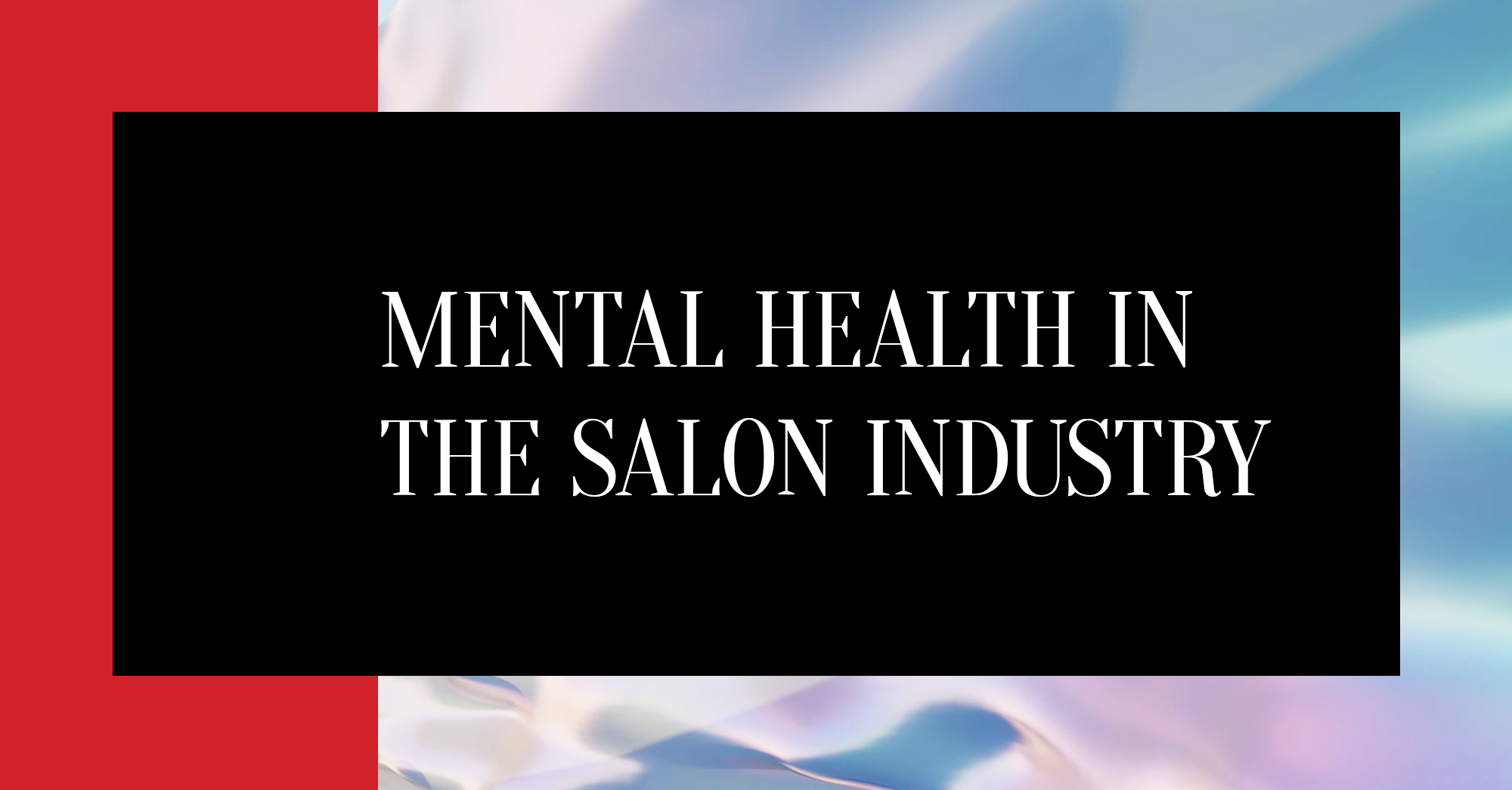
A high-pressure environment, long hours, client demands, and sometimes intense interpersonal interactions can all contribute to stress and anxiety among salon professionals. This is true for the global industry as well as for salons in the Middle East.
As a consultant to the beauty industry, VR Beauty Consulting is well-positioned to take a broad view of salons in the GCC and we can confirm that in the current market, the above factors and more need to be addressed, to improve the mental wellbeing of those who work in this space. Significant issues currently affecting the industry include poor treatment by management, low salaries, long working hours, and problems with payment for work done.
For example, we see that it is not uncommon for salons to implement commission schemes with unrealistic targets, making it nearly impossible for employees to achieve their commissions. In some cases, commissions are stopped altogether if overall salon targets are not met, undermining the efforts of those who do contribute significantly.
Job security also remains a major concern for salon staff, as they often don’t receive the pay they deserve or were promised. Many employees are required to work excessively long hours, sometimes up to 12 hours a day, six days a week. This intense schedule leaves little time for relaxation, making it nearly impossible for them to achieve a healthy work-life balance.
Another critical issue in salons, which is not often spoken about, is clients’ behaviour. Clients can be very demanding and disrespectful towards salon employees. Unfortunately, management frequently sides with clients rather than supporting and defending their staff. This lack of support from management exacerbates the stress and mental health challenges faced by salon employees.
We have been encouraged to see that since the pandemic, there are some salons who are starting to invest more in their people. For example, some have brought in third parties to offer services like yoga sessions and mental health education classes. These initiatives are aimed at helping employees achieve a more balanced life and to improve their well-being. This is a positive trend that will go a long way toward helping salon employees feel well-supported by management, which will have a positive effect on the industry as a whole.
According to research done by Economist Impact, the prevalence rates of mental health conditions in the Middle East have remained relatively consistent over the past two decades, however, mental health conditions are increasing as a share of the total disease burden. The burden of mental illness may be further exacerbated in the coming years by the risk factors associated with a young population.
The report shares that mental health is receiving more interest from policymakers, and there are clear signs of progress across the region, however, longstanding barriers remain. These include insufficient human resources to meet mental health care needs, an outdated institutional focus that isolates mental health patients from the community, and widespread mental health illiteracy and stigma.
More salon owners need to get on board to create a more supportive and balanced work environment in the salon industry.
The Harvard Business Review suggests the following ways to support the mental health of your employees, which we fully support.
Be vulnerable
Share your experiences. As a leader, being honest about your own mental health struggles encourages employees to feel comfortable discussing their own challenges.
Model healthy behaviours
Don’t just talk about supporting mental health—demonstrate it. Show your team that it’s okay to prioritise self-care and set boundaries. Share when you’re taking a midday walk, attending a therapy session, or enjoying a staycation (and actually unplugging from work) to prevent burnout.
Build a culture of connection through check-ins
Regularly and intentionally check in with each of your direct reports. Go beyond a simple “How are you?” Ask specific questions about what support they need. Listen attentively, encourage questions, and address concerns.
Offer flexibility and be inclusive
To effectively address issues, you need to understand what’s happening with your team. Avoid assumptions about their needs, as these will vary over time. Take a customized approach to addressing stressors, such as childcare challenges or the pressure to work constantly. Proactively offer flexibility and be as generous and realistic as possible.
Communicate more than you think you need to
Keep your team informed about organisational changes and updates. Clarify any modified work hours and norms. Reduce stress by setting clear expectations about workloads, prioritising tasks, and acknowledging what can be deferred if necessary. Make your team aware of available mental health resources and encourage their use.
Looking forward, the salon industry must address mental health and do what they can to improve their HR processes, become more inclusive of those with mental health issues and do what they can to normalise the topic and educate, as opposed to feeding the stigma. It is possible to achieve these goals and to have a positive impact on the industry as well as the region.
Terms & Conditions. © 2023 by V R B Management Consulting Co. LLC